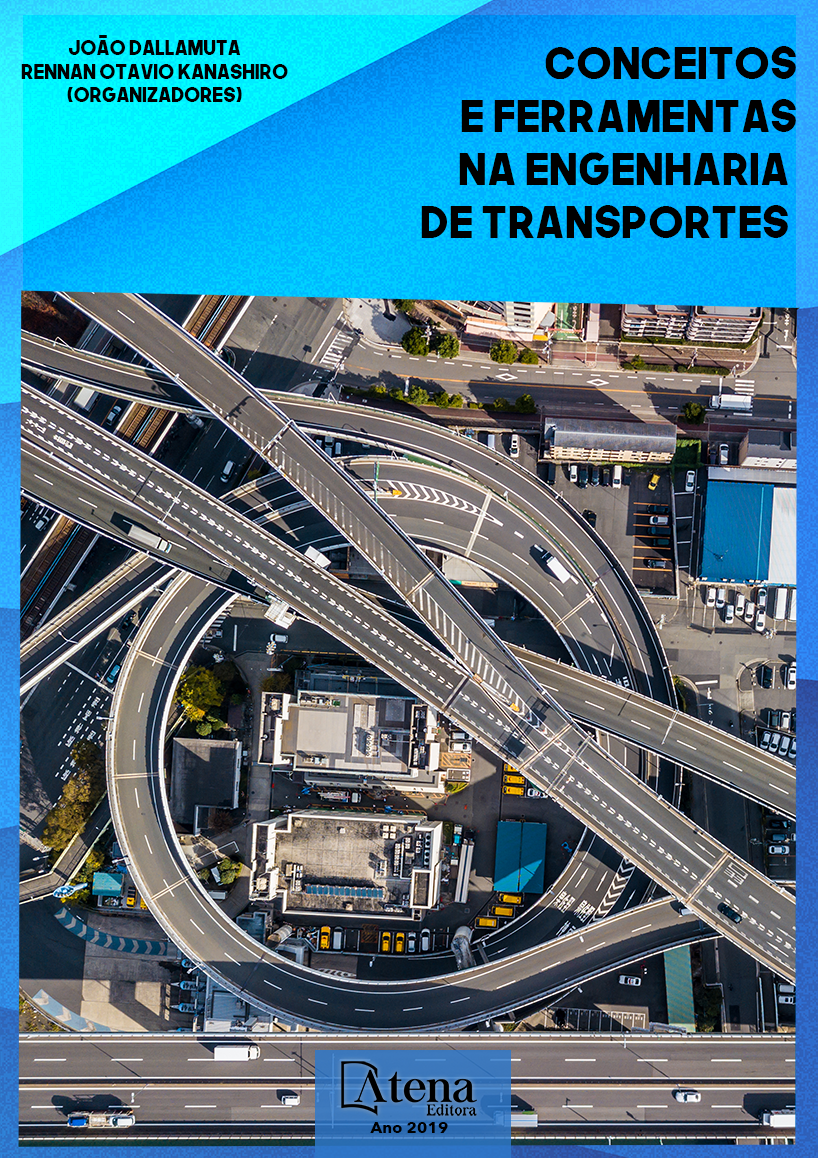
MODELAGEM DE UMA REDE LOGISTICA REVERSA PARA COLETA E TRANSPORTE DE RESÍDUOS SÓLIDOS URBANOS
A pesquisa bibliográfica revela uma preocupação dos governos federais com a destinação final dos resíduos sólidos urbanos (RSU) com o objetivo de preservar a saúde da população, o meio ambiente urbano e rural. Por exemplo, no Brasil observa-se a criação da Lei 12.305/10 e, no Peru, da Lei 27.314/2000. Neste contexto e para o caso das cidades brasileiras esperava-se que, com o comando legal de desativação dos lixões até 2014, surgissem medidas que viabilizassem a coleta seletiva, reciclagem e reutilização para cerca de 80% do volume total de resíduos sólidos coletados e destinados a locais impróprios. Nesse sentido esta pesquisa tem como objetivo principal modelar e planejar uma rede logística reversa para uma região urbana. Os resultados obtidos mostram ser possível realizar a modelagem matemática desse tipo de problema com baixo investimento, assim como aplicá-la em várias regiões sem necessidade de grandes mudanças no modelo proposto.
MODELAGEM DE UMA REDE LOGISTICA REVERSA PARA COLETA E TRANSPORTE DE RESÍDUOS SÓLIDOS URBANOS
-
DOI: 10.22533/at.ed.5211924053
-
Palavras-chave: Logística reversa, redes de transporte, resíduos sólidos urbanos.
-
Keywords: Reverse logistics, transport networks, urban solid waste.
-
Abstract:
The literature reveals a concern of Federal Governments with the disposal of municipal solid waste (MSW) in order to preserve the health of the population, the urban and rural environment. For example, in Brazil there has been the creation of Law 12,305 / 10 and, in Peru, of Law 27,314 / 2000. In this context and for the case of Brazilian cities, it expected that, with the legal command for the deactivation of landfills by 2014, measures would be adopted in order to enable the selective collection, recycling and reuse for about 80% of the total volume of collected solid waste and intended to inappropriate places. In this sense, this research aims to model and plan a reverse logistics network to an urban area. The results show to be possible perform mathematical modeling of this problem with low investment, as well as apply it in various regions without major changes in the proposed model.
-
Número de páginas: 15
- Adelaida Pallavicini Fonseca
- José Antonio Rodríguez Melquiades
- Milton Jonás Monteiro


